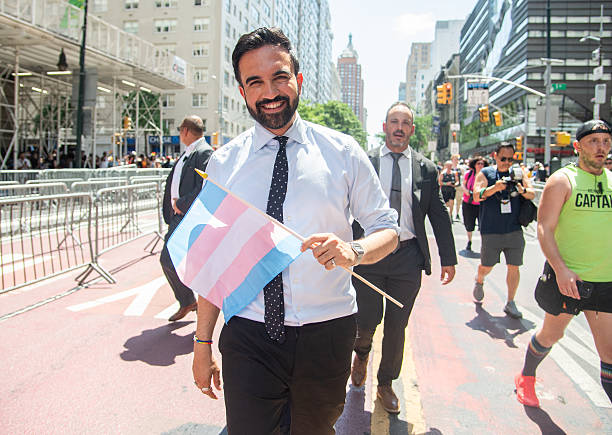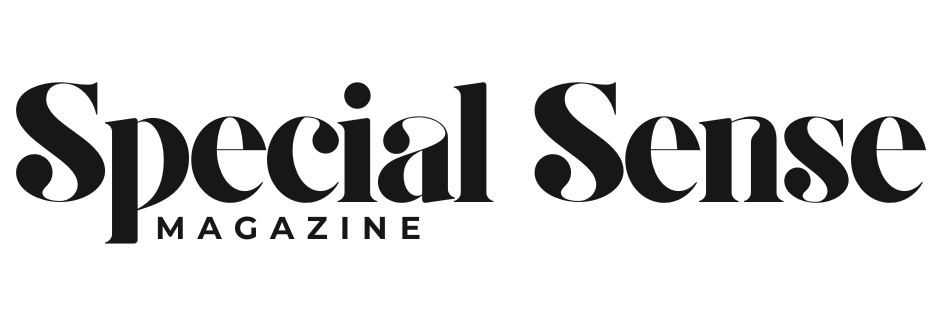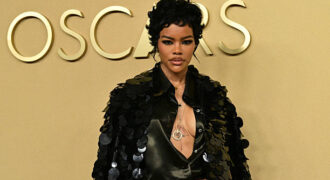By: Sahra Mohamed
Zohran Mamdani, a 33-year-old state assemblyman from Queens, has emerged as the Democratic nominee for New York City mayor. With nearly all ballots counted, Mamdani secured approximately 43% of the vote in the Democratic primary, defeating former governor Andrew Cuomo, who was attempting a political comeback after resigning in 2021 amid sexual harassment allegations. Mamdani’s campaign focused on progressive policies aimed at addressing the city’s affordability crisis, expanding transgender healthcare, and tackling housing shortages. Mamdani’s campaign was backed by several progressive leaders, including Senator Bernie Sanders, who described him as a leader focused on economic and social justice. Sanders emphasized the role of community organizing in Mamdani’s success and presented his campaign as an alternative to the party’s moderate wing. Mamdani’s campaign received support from Asian American communities in New York City, including significant backing from South Asian neighborhoods, in areas with historically low voter turnout such as Kensington in Brooklyn and Jackson Heights in Queens. According to The City, he won first-choice votes in these neighborhoods by margins of 15 to 49 percentage points. Volunteers played an active role, using targeted messaging and door-to-door canvassing to engage voters. Asian American communities are becoming more politically active on issues like housing, healthcare, and education. Mamdani’s success shows how progressive candidates can build support through focused outreach and inclusive policies tailored to diverse communities.
One of Mamdani’s major proposals is a $65 million investment in transgender healthcare throughout the city. According to his campaign, about $57 million would support public hospitals, local clinics, federally funded health centers, and nonprofit organizations, while $8 million would go toward expanding services and support systems. His plan also includes launching an Office of LGBTQIA+ Affairs and declaring New York a sanctuary for LGBTQIA+ families. These proposals have been welcomed by LGBTQIA+ advocacy groups and progressive activists who see them as meaningful steps toward inclusive, accessible care. In addition to healthcare, Mamdani has made New York’s housing crisis a key focus of his campaign, calling for a freeze on rents for stabilized apartments and higher taxes on top earners and corporations to fund affordable housing and public services. To support these initiatives without placing the burden on New York residents, Mamdani has outlined a plan to raise city revenue. Along with a proposed increase in the corporate tax rate, his platform includes a 2% tax on New Yorkers earning over $1 million annually. According to Forbes, the campaign estimates this “millionaire tax” could generate $4 billion per year, funding that would be directed toward universal free early childcare, fare-free buses, and the expansion of low-cost housing. Mamdani’s campaign has gained momentum among younger voters, many of whom have become more politically active in recent years around issues such as racial justice, climate change, and LGBTQIA+ rights. He has also voiced support for Palestinian rights and spoken publicly about the humanitarian crisis in Gaza.
The general mayoral election is scheduled for November 4, 2025, where Mamdani is expected to face Mayor Eric Adams. Adams, a former NYPD officer, has encountered legal challenges during his time in office, including a federal indictment on charges of bribery, fraud, and soliciting illegal foreign campaign donations. He has pleaded not guilty, but the proceedings have cast doubt over his administration and re‑election bid. Former President Donald Trump has publicly attacked Mamdani on social media, calling him a “100% Communist Lunatic.” Trump’s remarks have been met with skepticism by political analysts, who argue that Mamdani’s platform centers on social justice, not radical ideology. A highly anticipated event will be the mayoral debate on July 15, 2025. It will give both candidates the chance to present their agendas directly to voters and outline their positions on public safety, housing, healthcare, and economic development. Zohran Mamdani’s victory in the Democratic primary shows how progressive candidates are increasingly challenging the moderate establishment in major U.S. cities. Many in the progressive movement are pushing for policies that tackle inequality, climate change, and social justice, issues that remain urgent not only in New York but across the country.










